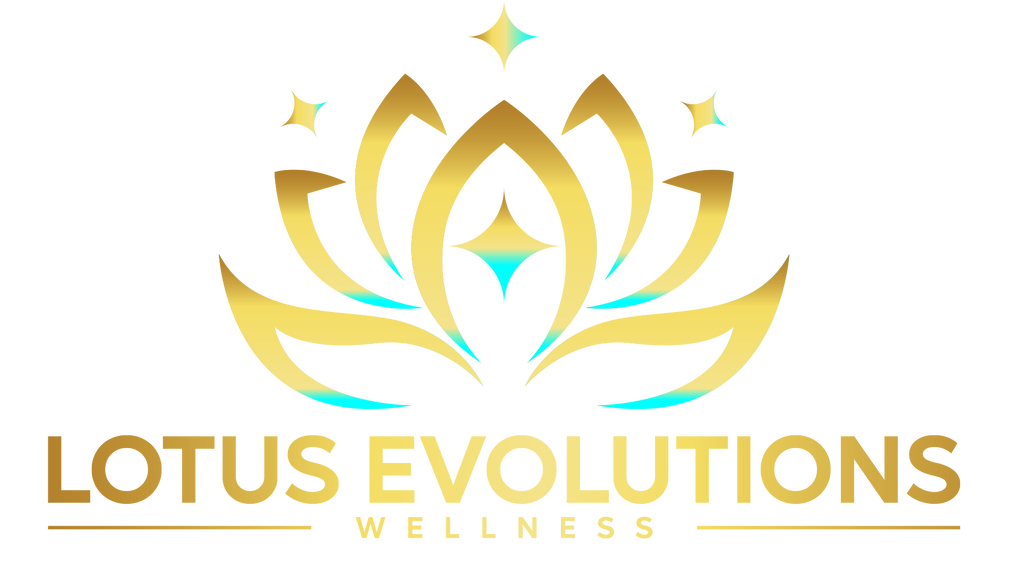Get Firmer & Younger Skin with Vitamin C
Who knew that around the age of 40 our collagen production greatly slows down and/or stops altogether? This means that its never too early to begin stimulating collagen production, while also maintaining and preserving the collagen that we have. This is serious business if you want to maintain a youthful look into your forties and beyond. What are the ways that we can boost collagen? The answer to this is through our diet, lifestyle, as well as, the nourishment that we feed our skin topically.
Why Vitamin C in Support of Younger Skin?
Vitamin C is one of those nutrients that has gained a tremendous amount of mainstream awareness, mainly, as a nutrient that helps to ward off colds and flus, or even cancer; however, lets also think of vitamin C as a fundamental supporter of healthy, youthful skin, as well as, longevity and vitality of the body. For starters, vitamin C is a necessary nutrient for the synthesis of collagen, a structural protein found in the skin and in connective tissue. Without vitamin C, our ability to synthesize collagen becomes impaired and with impaired collagen, our skin begins to wrinkle, sag, thicken and lack luster. An appearance of dullness sets in and the skin begins to look like a leather bag - dry as a bone. This is hardly the look that anyone desires, and since humans do not manufacture their own vitamin C, like other mammals do, we need to obtain vitamin C from our diets on a daily basis.
How much Vitamin C do I need?
The RDA (Recommended Daily Allowance) for men is 90 mg/day and for women it is 75 mg/day. This would equate to approximately 4 to 5 cups of fresh fruits and vegetables per day. How many people measure up to this in their diets? Another important consideration is that when the body is under stress, the need for vitamin C increases. How many people are under daily pressures and stress? How many people smoke? How many people are exposed to environmental toxins or food toxins? How many people have poor diets? How many people are on medications? How many people have illnesses and/or injuries or have had recent surgeries? These are all examples of varying forms of stress, and with stress, comes a heightened need for this essential nutrient, vitamin C. One can easily theorize that as vitamin C levels decrease, accelerated aging will set in. With this being acknowledged, I think its wise to shoot for above the RDA recommended dosage. Although everyone’s needs will be different, depending on bio-individuality, a standard supplemental dose will be anywhere from 200 - 500 mg and above.
Vitamin C, Wound Healing and Skin Treatments
Vitamin C plays a critical role in wound healing. Many skin treatments, performed at your local spa, skin clinic or dermatologist office, will offer treatments that result in “controlled wounding” of the skin in order for the skin to regenerate itself. The degree of wounding is based on the treatment, as some treatments will require significant downtime, such as, with certain deep to medium-depth peels and laser treatments, in which the target is to wound the skin at a greater intensity. Other treatments that signal the skin to regenerate are more superficial, yet create a similar signal with less downtime, such as with, superficial peels, microdermabrasion, dermaplane, and microneedling (microneedling has varying depths) to name a few.
These types of treatments force the skin to repair and regenerate itself with new and improved skin and the process requires extra vitamin C, in the diet and to be applied topically. Vitamin C supports the natural inflammatory processes and accelerates the healing of such trauma, while also boosting the production of collagen, both of which are essential in obtaining an optimal result of the treatment. Additionally, vitamin C protects the skin from free radicals, so it is also preventative following a skin procedure. It preserves the results of your treatments and prevents the breakdown of collagen. If you were to invest in one treatment serum or cream, be sure that it contains vitamin C.
Concluding…
Vitamin C is the basis of good skin care, so obtaining vitamin C through diet and supplementation is a good choice for all of your skin care goals. If you’re looking for an organic, whole-food vitamin C supplement, check out Paleovalley’s Essential C. It is one of the most pure and effective supplements on the market and I recommend this product for myself, my family and all of my clients. Follow the link below to learn more about this product, plus receive 15% off in the process.




Leave a comment